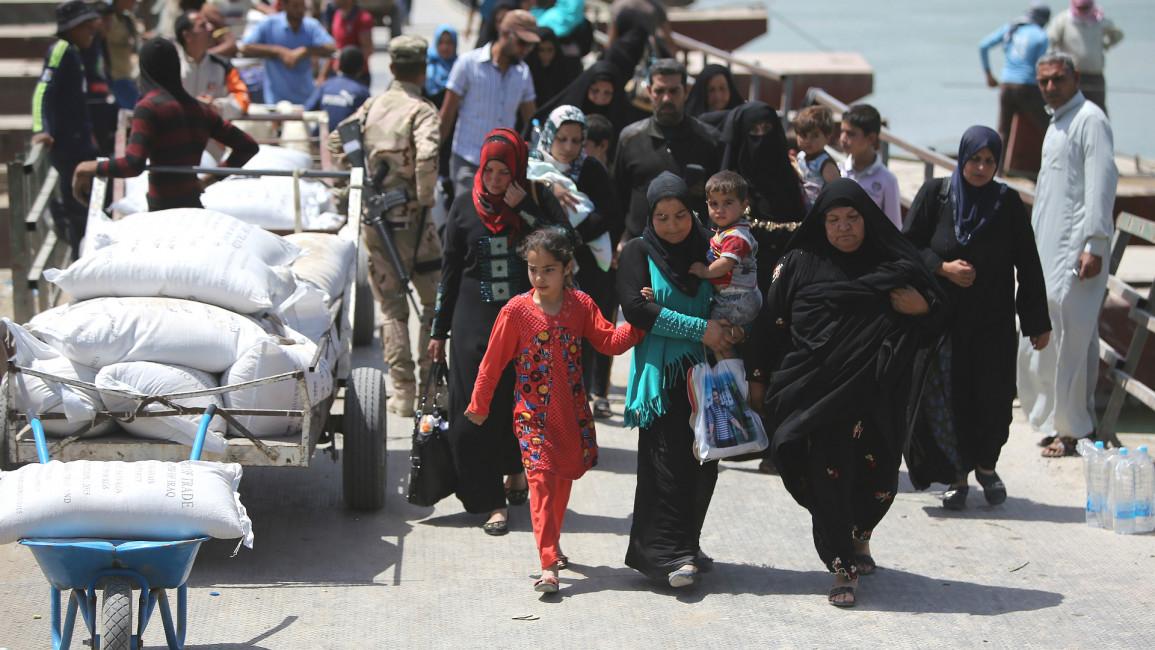
Geneva, Switzerland (Enmaeya News) — Cuts to humanitarian budgets threaten access to vital aid for up to 11.6 million refugees and displaced people this year, according to a new UNHCR report. This number represents about one-third of those assisted by the UN Refugee Agency last year.
The report outlines a crisis driven by rising displacement, shrinking funding, and political indifference, with women and children among the most severely affected.
Essential programs worth $1.4 billion have been cut or delayed, worsening living conditions and increasing risks of exploitation and further displacement for millions. Families face difficult choices between food, medicine, and shelter, while critical aid operations are being suspended to maintain life-saving services.
Funding shortfalls have halted relocation of new arrivals in Chad and South Sudan, leaving many stranded in unsafe border areas. Malnutrition and limited access to clean water and food are rising in Ugandan reception centers.
Health and education services are scaling back worldwide, with schools closing and clinics understaffed. In Bangladesh, education for 230,000 Rohingya children faces suspension, and Lebanon’s entire UNHCR health program risks closure by year-end.
Emergency financial aid and relief item delivery have dropped by 60% globally. Shelter programs have sharply declined, with overcrowding and homelessness risks increasing in Niger. Financial aid cuts in Ukraine and the region leave displaced families unable to afford basic needs.
Child protection, legal counseling, and gender-based violence prevention programs have suffered severe cuts. In South Sudan, 75% of safe spaces for refugee women and girls have closed, affecting 80,000 individuals, including survivors of sexual violence.
Funding shortfalls are also disrupting refugee resettlement and voluntary returns. Nearly 1.9 million Afghans have returned or been forced back this year, but support for returnees is inadequate for basic needs, undermining reintegration efforts.
Investments in digitizing asylum systems and promoting legal status for refugees have been curtailed in countries such as Colombia, Ecuador, Costa Rica, and Mexico, deepening poverty and exposure to abuse. Cuts to refugee volunteer incentives threaten vital services and income sources.
UNHCR’s funding needs for 2025 total $10.6 billion, but only 23% has been received at midyear. The agency remains focused on saving lives and protecting displaced people, ready to scale up assistance if funding improves.
UNHCR thanks current donors and calls on governments, institutions, and individuals to increase financial support to close the funding gap.



